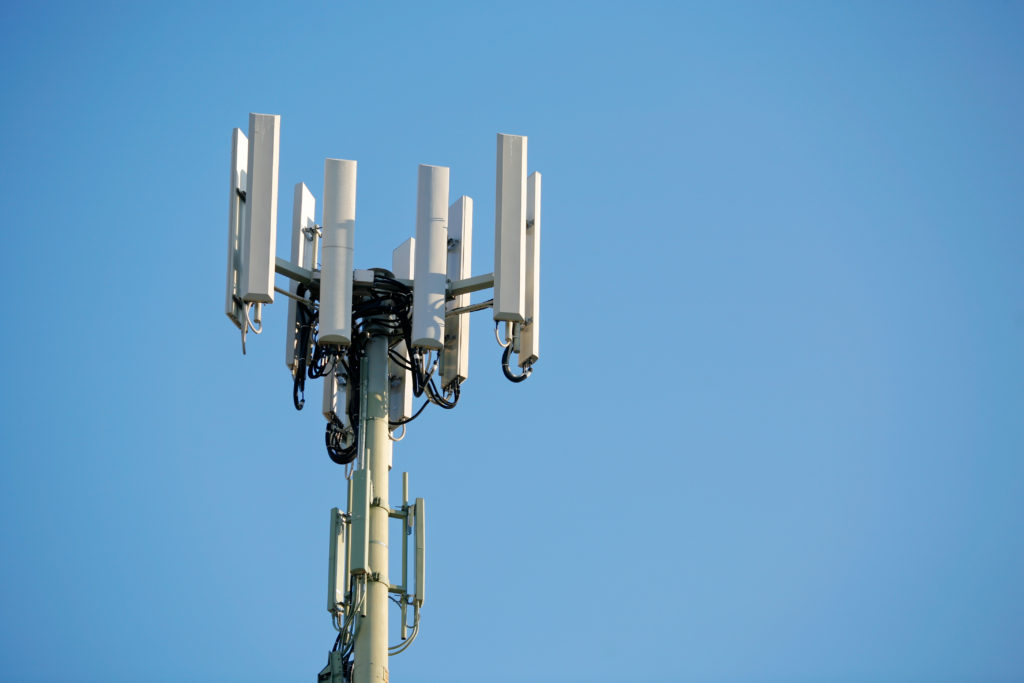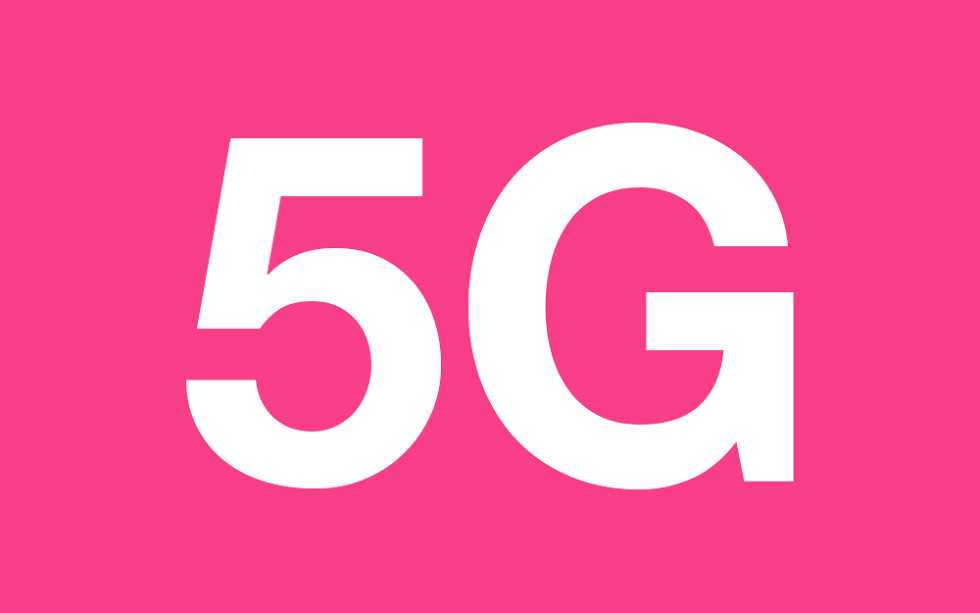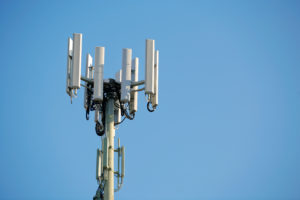
At AT&T’s Shape Conference in Los Angeles this week, attendees were able to test out the carrier’s new 5G network, and the speeds did not disappoint. A CNet tester using a Galaxy S10 5G phone ran 12 tests and achieved speeds over 1Gbps in all 12, and saw speeds over 1.4Gbps in 8 of the 12. At those speeds, downloading a 1.9GB app took the tester less than two and a half minutes, and downloading five hours of video on Netflix took under a minute. This is significantly faster than tests done on Verizon’s and Sprint’s 5G networks.
AT&T’s 5G Plus network won’t be available to consumers until 2020, but the performance is very promising.









